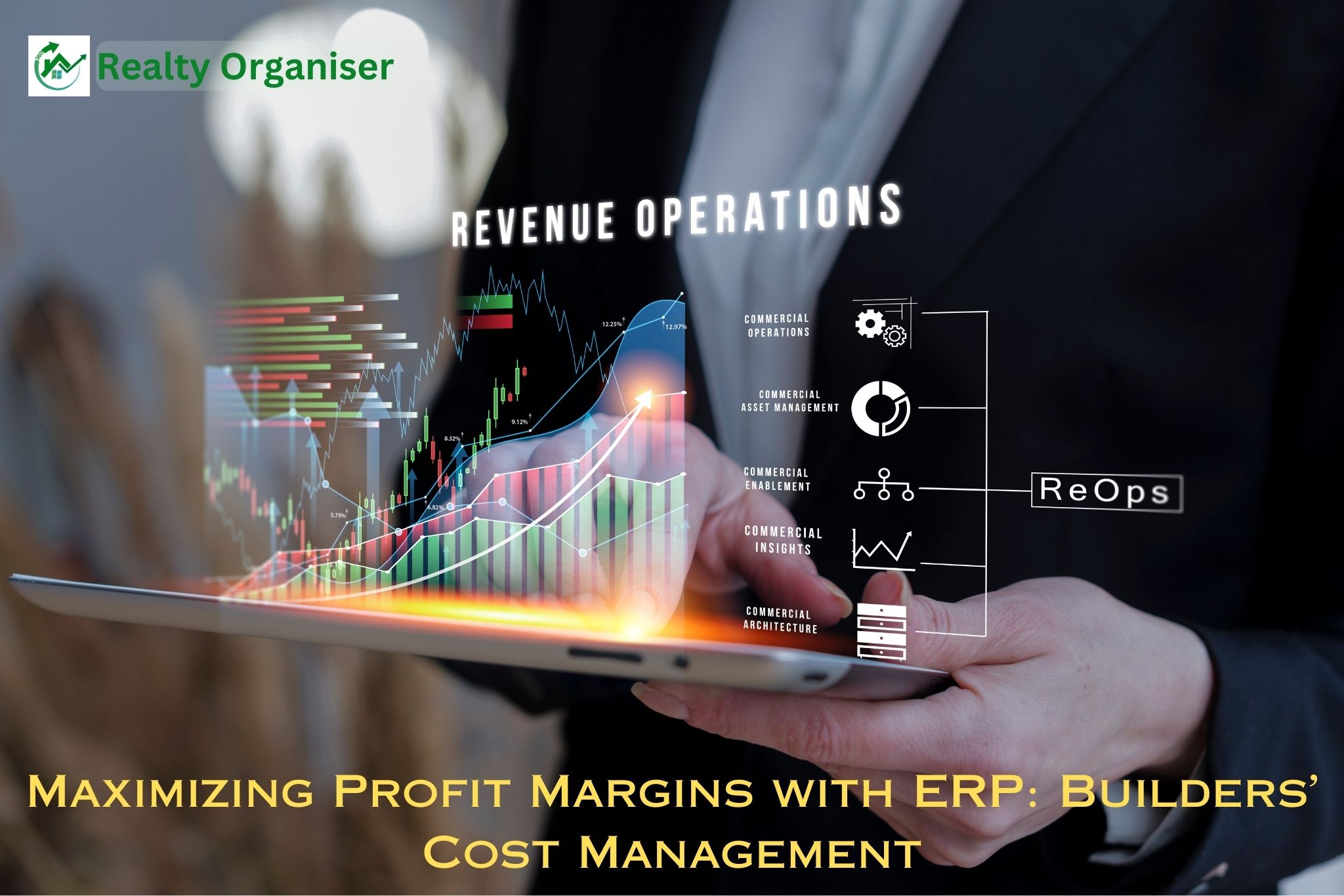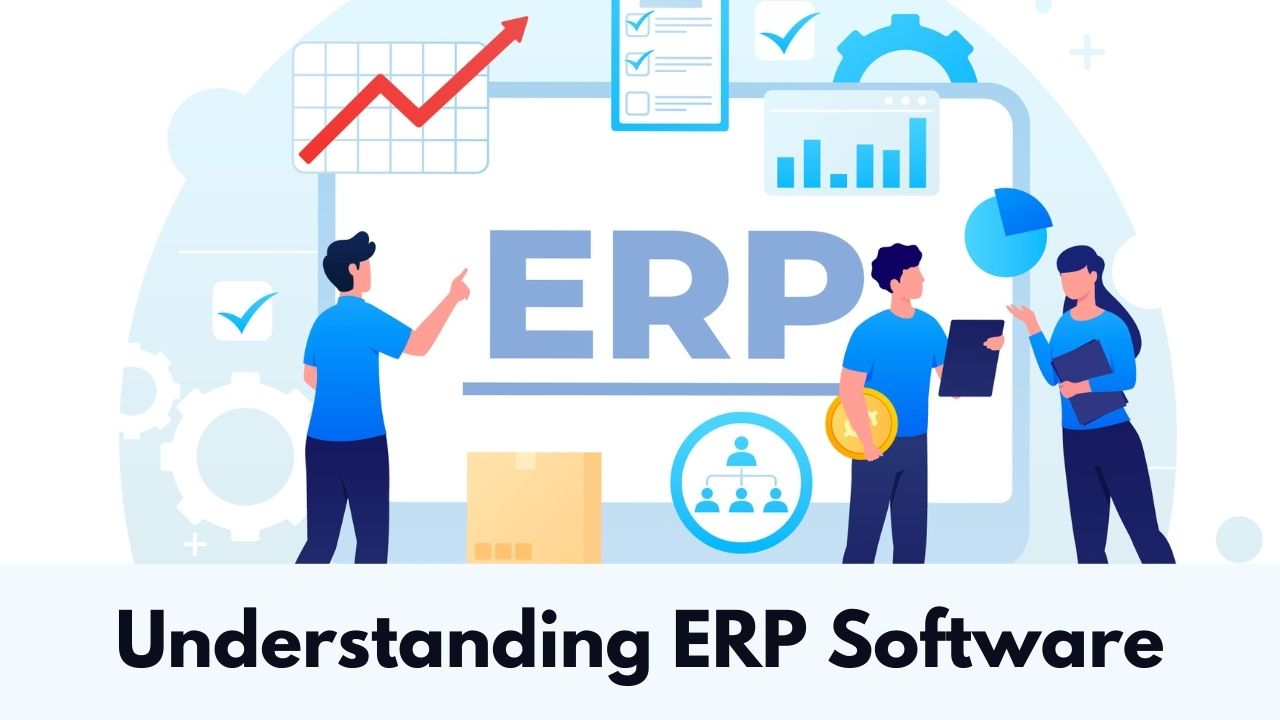
Maximizing Profit Margins with ERP: Builder and developers Cost Mgmt
In the competitive landscape of the construction industry, maximizing profit margins is crucial for the success and sustainability of any building project. Builders and developers constantly strive to find ways to optimize cost management while maintaining quality standards and meeting project deadlines. In this digital age, Enterprise Resource Planning (ERP) software emerges as a powerful tool that empowers builders and developers to achieve these objectives effectively.
Challenges in Cost Management
Construction projects often face various challenges in cost management, including fluctuating material prices, labor shortages, project delays, and unexpected expenses. Without proper control and oversight, these factors can significantly impact profit margins and project outcomes.
Understanding ERP Software

ERP software is a comprehensive business management solution that integrates core business processes such as finance, procurement, project management, and human resources into a single platform. It provides builders and developers with real-time visibility and control over their projects, enabling better decision-making and resource allocation.
Benefits of ERP Software for Builders and Developers
Implementing ERP software offers several benefits for builders and developers in optimizing cost management:
1. Improved project cost tracking and analysis: ERP systems allow for accurate tracking of project expenses, including materials, labor, and overhead costs. Builders can analyze cost data in real-time to identify areas of inefficiency and make data-driven decisions to reduce expenses.
2. Enhanced resource allocation and procurement management: ERP software enables builders to streamline procurement processes, optimize inventory levels, and negotiate better deals with suppliers. By centralizing procurement activities, builders can eliminate redundancies and reduce costs associated with purchasing materials and supplies.
3. Streamlined project scheduling and budgeting: ERP systems facilitate effective project planning and scheduling, allowing builders to allocate resources efficiently and minimize downtime. With integrated budgeting tools, builders can create detailed project budgets, track expenses against budgeted amounts, and identifies potential cost overruns before they occur.
4. Better decision-making through real-time data insights: ERP software provides builders and developers with access to real-time data and analytics, empowering them to make informed decisions quickly. By leveraging data insights, builders can identify trends, anticipate risks, and adjust project strategies to maximize profitability.
Case Studies
Numerous case studies demonstrate the effectiveness of ERP software in optimizing cost management for builders and developers. For example, XYZ Construction implemented an ERP system to streamline its project management processes and reduce costs associated with project delays and resource inefficiencies. As a result, the company achieved a significant increase in profit margins and improved project outcomes.
Implementation Considerations
When implementing ERP software in the construction industry, builders and developers should consider several factors to ensure successful adoption and integration into existing workflows:
• Choose an ERP solution tailored to the specific needs and requirements of the construction industry.
• Provide comprehensive training and support to employees to facilitate a smooth transition and user adoption.
• Collaborate with experienced ERP vendors and consultants to customize the software to align with business processes and objectives.
• Continuously monitor and evaluate the performance of the ERP system to identify areas for improvement and optimization.
Future Trends
Looking ahead, the future of ERP software in the construction industry is promising, with emerging trends such as cloud-based ERP solutions, artificial intelligence, and predictive analytics shaping the landscape. These advancements offer builders and developers new opportunities to further optimize cost management, increase efficiency, and drive profitability in their projects.
Conclusion
In conclusion, ERP software plays a pivotal role in empowering builders and developers to optimize cost management and maximize profit margins in construction projects. By providing real-time visibility, streamlined processes, and data-driven insights, ERP systems enable builders to effectively control project costs, allocate resources efficiently, and make informed decisions to drive project success. As the construction industry continues to evolve, leveraging ERP software will become increasingly essential for builders and developers seeking to gain a competitive edge and achieve sustainable growth.
